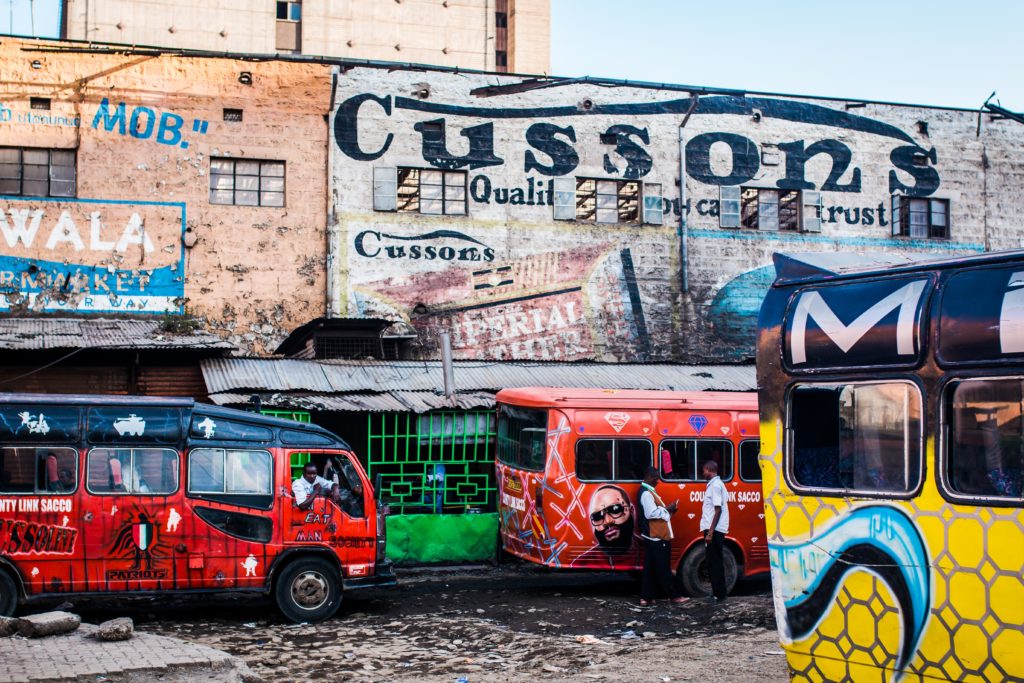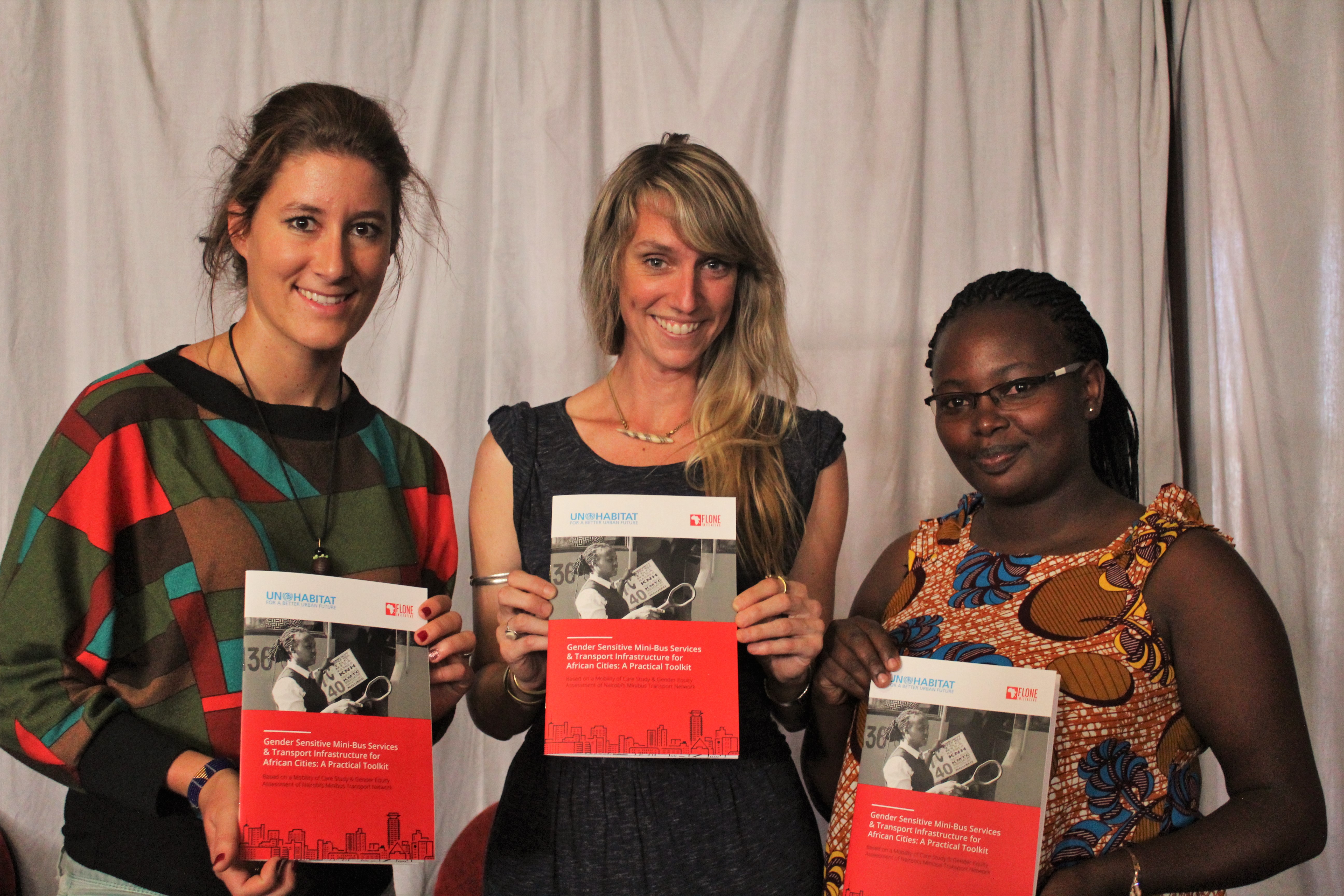I was waiting to cross the road. Builders who were on a scaffold repeatedly whistled at me (like did not take a break, just continuous wolf whistling). I was stuck there and couldn’t walk away because I couldn’t cross the road. I felt so scared and ashamed. It made me feel like I was dressed inappropriately and that other people must think I’m a slut.
– Anonymous
This post is part of a back-to-school series to highlight the young age that street harassment begins. The stories in this series were shared as part of our recent survey on street harassment and age and they entail people’s first experience of street harassment. The full list of stories is available here.
As you read the stories, note that among respondents, 70% said they were 13 years old or younger at the time of their first experience. 24% said they were 14 to 16 years old. The remaining 6% were older than 16.
Need support?
Call the toll-free National Street Harassment hotline: 855-897-5910

 Over the years, there have been rampant cases of violence against women and girls (VAWG) on public transport in Africa and other developing regions. On November 17th2014, Kenya got the world’s attention with the #MyDressMyChoice campaign when thousands of people took to the streets to protest sexual violence against women in the public transport industry after a spate of stripping incidences were filmed and posted online. This protest sparked a movement to challenge gender norms and systems that allow this kind of violence to occur and fundamentally limit women’s freedom of movement and access to public space.
Over the years, there have been rampant cases of violence against women and girls (VAWG) on public transport in Africa and other developing regions. On November 17th2014, Kenya got the world’s attention with the #MyDressMyChoice campaign when thousands of people took to the streets to protest sexual violence against women in the public transport industry after a spate of stripping incidences were filmed and posted online. This protest sparked a movement to challenge gender norms and systems that allow this kind of violence to occur and fundamentally limit women’s freedom of movement and access to public space. Additionally, the toolkit recommends ways in which policy makers can use these recommendations to develop gender-sensitive legislation which can create safer, more accessible public transportation systems for all road users. It also provides ideas for how civil society actors can support these initiatives.
Additionally, the toolkit recommends ways in which policy makers can use these recommendations to develop gender-sensitive legislation which can create safer, more accessible public transportation systems for all road users. It also provides ideas for how civil society actors can support these initiatives.